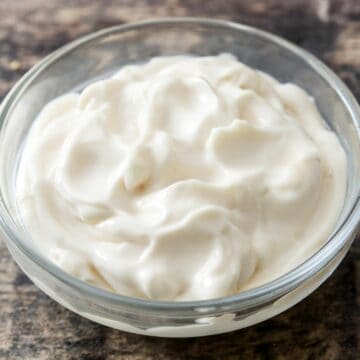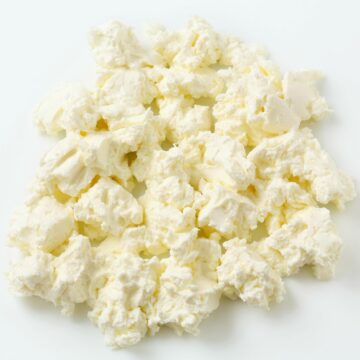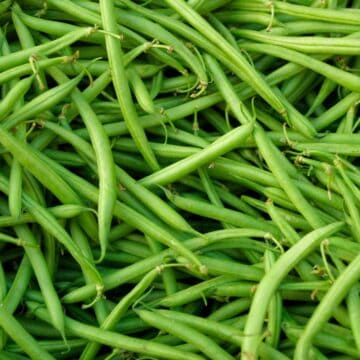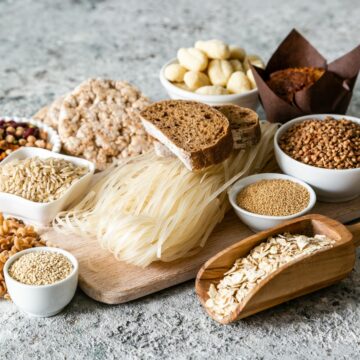Caffeine is a widely used stimulant found in coffee, tea, energy drinks, and other beverages. It has become increasingly popular for its ability to provide a quick energy boost and focus. But does caffeine affect a keto diet?
The ketogenic diet is a low-carb diet that has become popular for its potential to burn fat and increase energy levels. It involves reducing carbohydrate intake and replacing it with fat, providing energy. As with any diet, it is important to understand how caffeine can affect the diet and how to consume the optimal amount.
In this article, we'll look at how caffeine affects the keto diet and what you can do to ensure it doesn't interfere with your fat-burning efforts.
How to Safely Incorporate Caffeine into a Keto Diet
There's a lot of conflicting information about the best way to incorporate caffeine into a keto diet. Some say it helps them feel more energized and focused, while others say it makes them shaky and gives them headaches.
So what gives? Well, it depends on the type of caffeine you're consuming and the amount you're consuming.
If you've ever tried to cut out caffeine altogether because it made you feel like garbage, take heart: there are ways to safely incorporate caffeine into your keto diet by choosing the right kind at the right time. Here are some pointers for doing it right:
1. Choose Your Source Wisely
The two most common sources of caffeine are coffee and tea, but each has its unique benefits and drawbacks regarding your keto diet. Coffee is a potent source of exogenous ketones, compounds that make your brain think you're in ketosis. However, it's also high in calories and contains other nutrients that may not sit well with your body.
2. Keep Your Intake Minimal
While the occasional coffee or tea can be part of a healthy keto diet, keeping your caffeine intake minimal is important. While you can enjoy a cup of coffee or tea in moderation, it's essential to avoid overdoing it. Too much caffeine can cause side effects like headaches, jitters, and sleep problems. Additionally, caffeine can lead to weight gain when combined with sugar-free sweeteners.
3. Drink More Water
When you're on a keto diet, it can be easy to forget about drinking water. However, it's important to stay hydrated at all times. Drinking plenty of water helps your body function properly and ensures your organs aren't dehydrated.
What to Consider When Choosing Caffeine for a Keto Diet
Coffee is a dietary staple that many people rely on to start their day. But your coffee intake may need to change if you're on a keto diet.
For most people, the average cup of coffee contains about 200 mg of caffeine. But what matters is how much caffeine you take in overall. Some people can drink multiple cups of coffee without experiencing any side effects, while others find that even one cup makes them jittery and anxious.
When it comes to caffeine, no magic number works for everyone—so it's important to consider your tolerance when choosing how much and how often you drink it.
Conclusion
Caffeine significantly impacts your body and how it functions, so it's essential to understand how it affects the keto diet. By knowing the pros and cons of caffeine while following this diet, you can ensure your caffeine intake doesn't interfere with your weight loss goals. After reading this article, you should better understand how caffeine affects keto dieters.
For more information on the best keto foods, Keto Diet Yum is a great resource. We also have a helpful Keto Diet Plan, which outlines everything you need to know about the keto diet and how it works.






